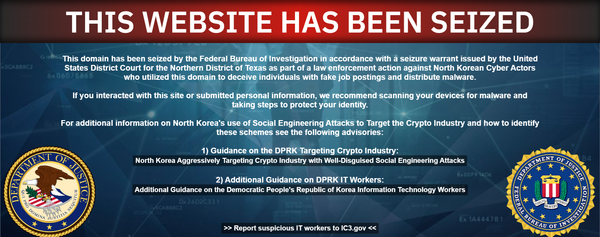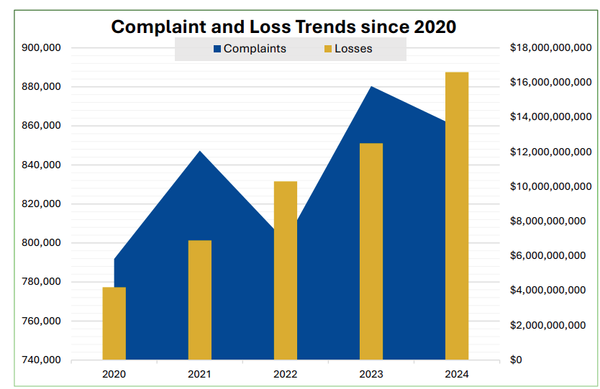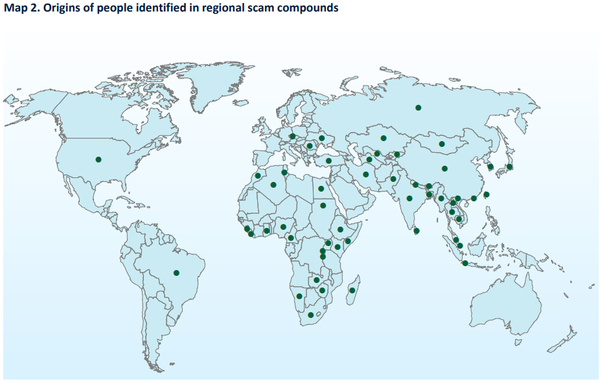Best Infosec Long-Reads of the Week, 7/9/22

End-to-end encryption is even more important now that we're living in a post-Roe world, Sara Jacobs is fighting to protect reproductive data, Finland's model of cybersecurity is a winner, more
Metacurity is pleased to offer our free and paid subscribers this weekly digest of long-form infosec pieces and related articles that we couldn’t properly fit into our daily crush of news. Let us know what you think, and feel free to let us know if we missed something important by sending us a note to info@metacurity.com. Happy reading!

- Lily Hay Newman explains in this Wired piece how encryption proponents believe that end-to-end encrypted services are now more critical in the post-Roe world than ever. As Riana Pfefferkorn, a research scholar at the Stanford Internet Observatory, sums it up, “You really can’t be pro-choice and anti-encryption at this point,”
- Nancy Scola in The Information has the run-down on Democratic California Congresswoman Sara Jacobs, the granddaughter of a Qualcomm co-founder, and her fight for the protection of reproductive healthcare in the post-Roe era. The 33-year-old is likely the first member of Congress to mention her menstrual cycle on the House floor and has introduced the My Body, My Data Act which grants special federal privacy protection to reproductive health data.
- Shaun Waterman has this in-depth look in Read.me on how Finland’s whole-of-society approach to its security was the secret to the country’s success at the annual Locked Shields cyber exercise staged at the NATO Cooperative Cyber Defense Center of Excellence (CCDCOE) in Tallinn in April. That victory highlights what some call the Finnish cybersecurity model, one based on mobilizing everyone to help protect critical networks.
- Maggie Smith, Mark Grzegorzewski, and Barnett Koven in Lawfare make the case that now is the time for the U.S. to consider establishing a civil cyber defense force making to Estonia’s civilian Cyber Defense League, which promotes cybersecurity in peacetime and bolsters the country’s cyber defense capacity during conflict. The need for such a force is apparent, considering the over 600,000 vacant cyber-related positions in the U.S.
- Kyle Alspach examines in Protocol why entry-level cybersecurity jobs are elusive at best, particularly for applicants from underrepresented backgrounds, despite the shortage of cybersecurity workers. “Too many employers still put their energy into poaching talent from the same pool of the most-experienced people, rather than widening the pool,” industry leaders say.Metacurity is a reader-supported publication. To receive new posts and support my work, consider becoming a free or paid subscriber.




